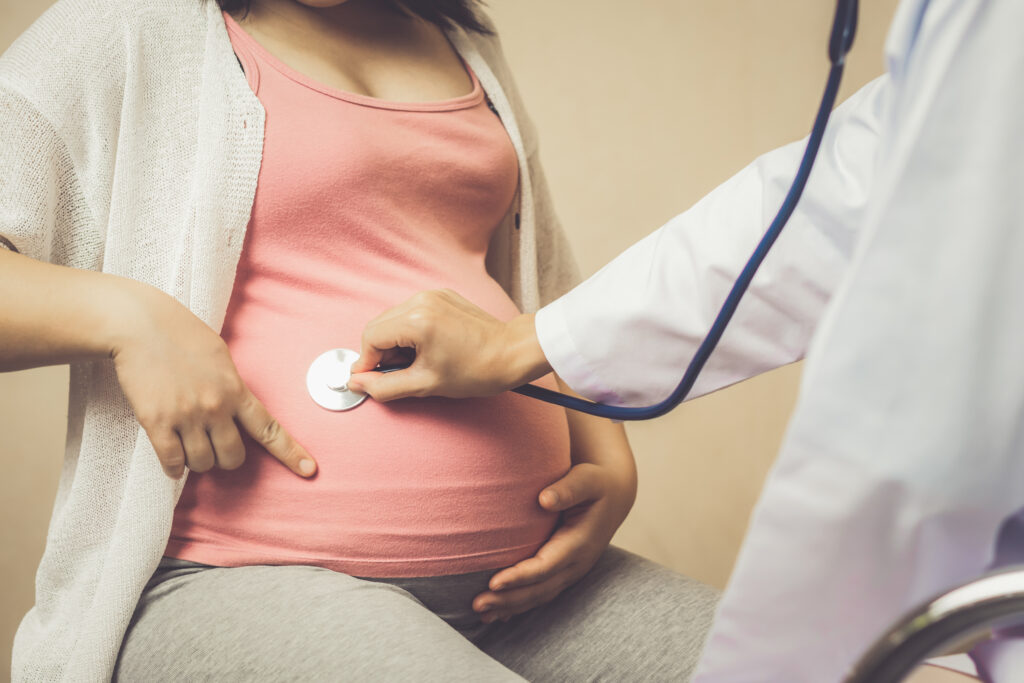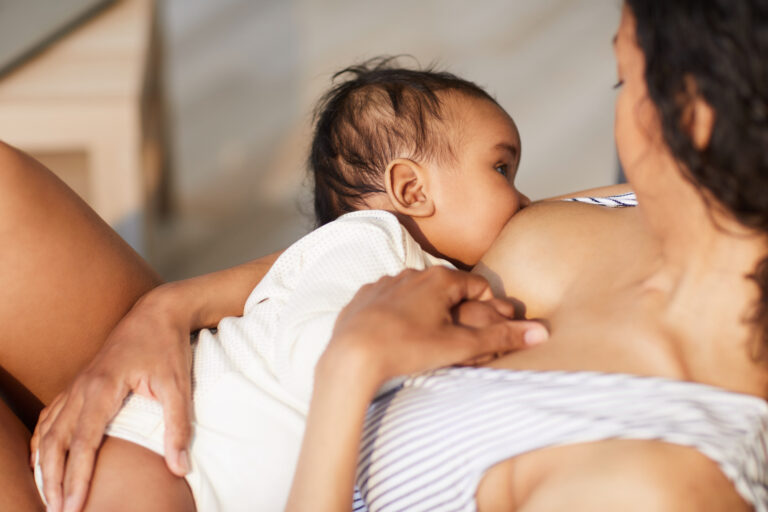
Pregnancy is a new and puzzling stage. Added to the joy of expecting children are fears and uncertainty. What to eat, what tests you should have, how often to go for check-ups, and what your rights are all become common questions that can overwhelm you. We present you with a useful guide so that you feel accompanied at every stage.
A delay in your period may be one of the first signs that you are pregnant. If you have already taken a test and are sure or have doubts about it and need to visit the doctor, you can find free or low-cost resources in Boyle Heights to make you feel cared for and accompanied.
Changes you can expect
The first three months can be the most uncomfortable. Your body goes through a series of hormonal changes that affect your whole body. Exhaustion, constipation, vomiting, and mood swings are frequent but temporary. At this stage, it is essential to change some eating habits and get more rest.
During the second trimester, your abdomen will start to grow. You may feel numbness in your hands or notice that dark spots appear on your face, which will disappear. Inflation in your feet and ankles is common. If you experience severe itching in your palms or feet, consult your doctor, as this could be a liver problem.
Difficulty sleeping, discharge of a substance from the breasts, and heartburn are reasonable in the last term, as is breathing loss. You may experience contractions, but don’t be alarmed. Your doctor will teach you how to tell the difference between false contractions and labor contractions.
Pregnancy and COVID-19
The chances of getting coronavirus while pregnant or breastfeeding are possibly higher, and you need to take extra care. Limit interactions with people as much as you can and be extremely careful when it is unavoidable.
Take preventive actions such as maintaining social distance in public places, washing your hands before touching your face, preparing food, putting on your mask, or changing diapers. Clean and disinfect surfaces that you have frequent contact with and monitor your baby’s health daily to watch for any significant change.
Resources:
First Five: White Memorial Medical Center
1720 East Cesar E Chavez Avenue, Los Angeles, CA 90033
Open 24 hs. Phono: (323) 260-5712
The program works with families until the child is 5 years of age. Home visitor support and information that includes constructive play ideas, developmental screenings child health, and development. The program is free, community-wide, voluntary, and universally provides hospital and home-based intervention.
L.A Care: Healthy Mom Program
Open 24hs. Phono: (213) 694- 1250 ext. 4408
L.A’s Care’s postpartum program gives support to new and existing mothers to get postpartum care. The program will educate on the importance of the postpartum visit, arrange transportation if needed. Reward you with a $40 debit card if you attend a postpartum visit.
Para Los Niños
500 Lucas Ave, Los Ángeles, CA 90017. Phono: (213) 572-0140
Dozens of agencies across Los Angeles help new mothers and low-income families with baby supplies. Non- profit organizations that can have baby formula, cribs, or similar hard to get items. Los Angeles families may be given furniture, mostly free but some may be at low cost. Hygiene items and food for the baby are free.
You can also find more trusted local services in your community at http://www.boyleheighstresources.orgor download the Boyle Heights Resources app.
Sources
https://www.womenshealth.gov/pregnancy/youre-pregnant-now-what/stages-pregnancy
https://www.cdc.gov/coronavirus/2019-ncov/need-extra-precautions/pregnancy-breastfeeding.html
https://www.cdc.gov/coronavirus/2019-ncov/prevent-getting-sick/prevention.html

